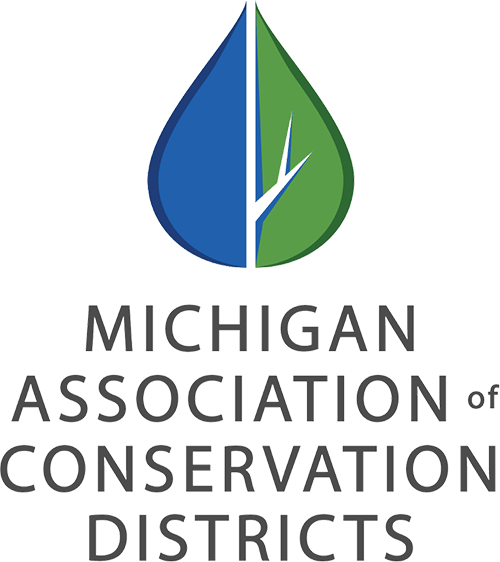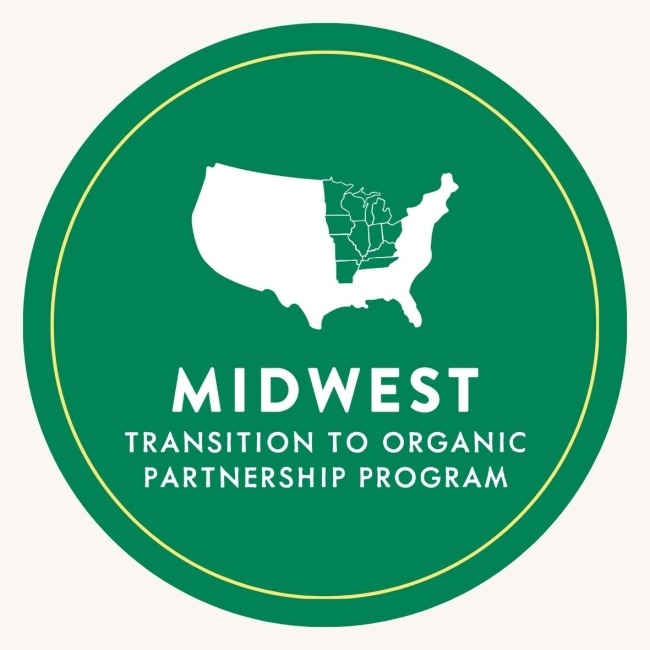Partner Organizations
Collaboration with these partner organizations has been key to the successful development of MIFarmLink, and will continue to be a priority as we work together to increase the adoption of MIFarmLink to help protect Michigan agriculture as a way of life, industry and land stewardship practice.
Past Advisory Committee Members
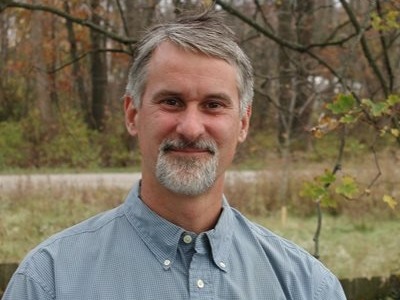
Barry Lonik | Legacy Land Conservancy / Treemore Ecology & Land Services Inc
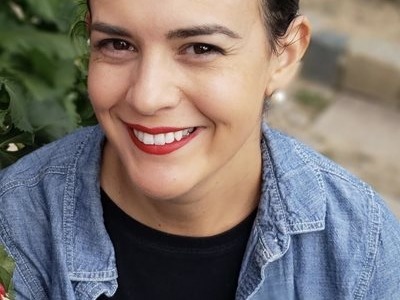
Shiloh Maples | Native American Food Sovereignty Alliance
Shiloh Maples is an Anishinaabe community organizer, seed keeper, and storyteller. She served on the Advisory Committee in 2023.
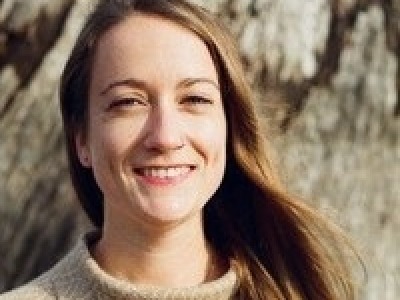
Lauren Marquardt | MIFFS
Lauren Marquardt served on the MIFarmLink Advisory Committee from 2023-2025.
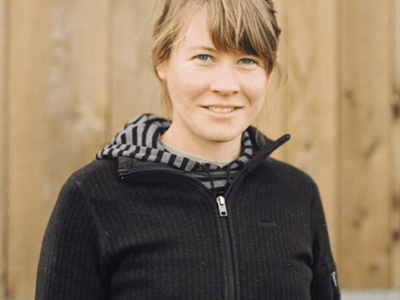
Hannah Weber | Green Things Farm Collective
Hannah served on the MIFarmLink Advisory Committee from 2023-2025 offering her agricultural background in supporting farmers through land transitions.
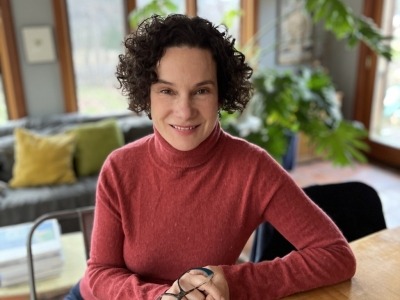
Trilby MacDonald I Grant Writer
Trilby MacDonald helped grow MIFarmLink from 2021 to 2025 through fundraising and strategic planning.



